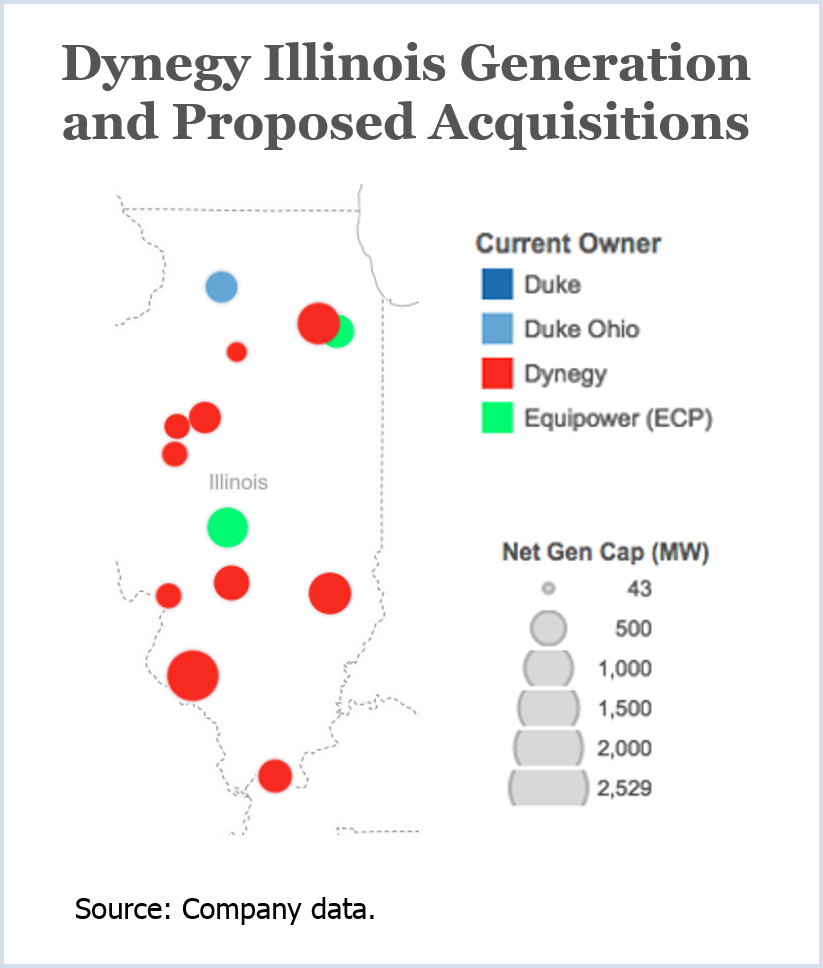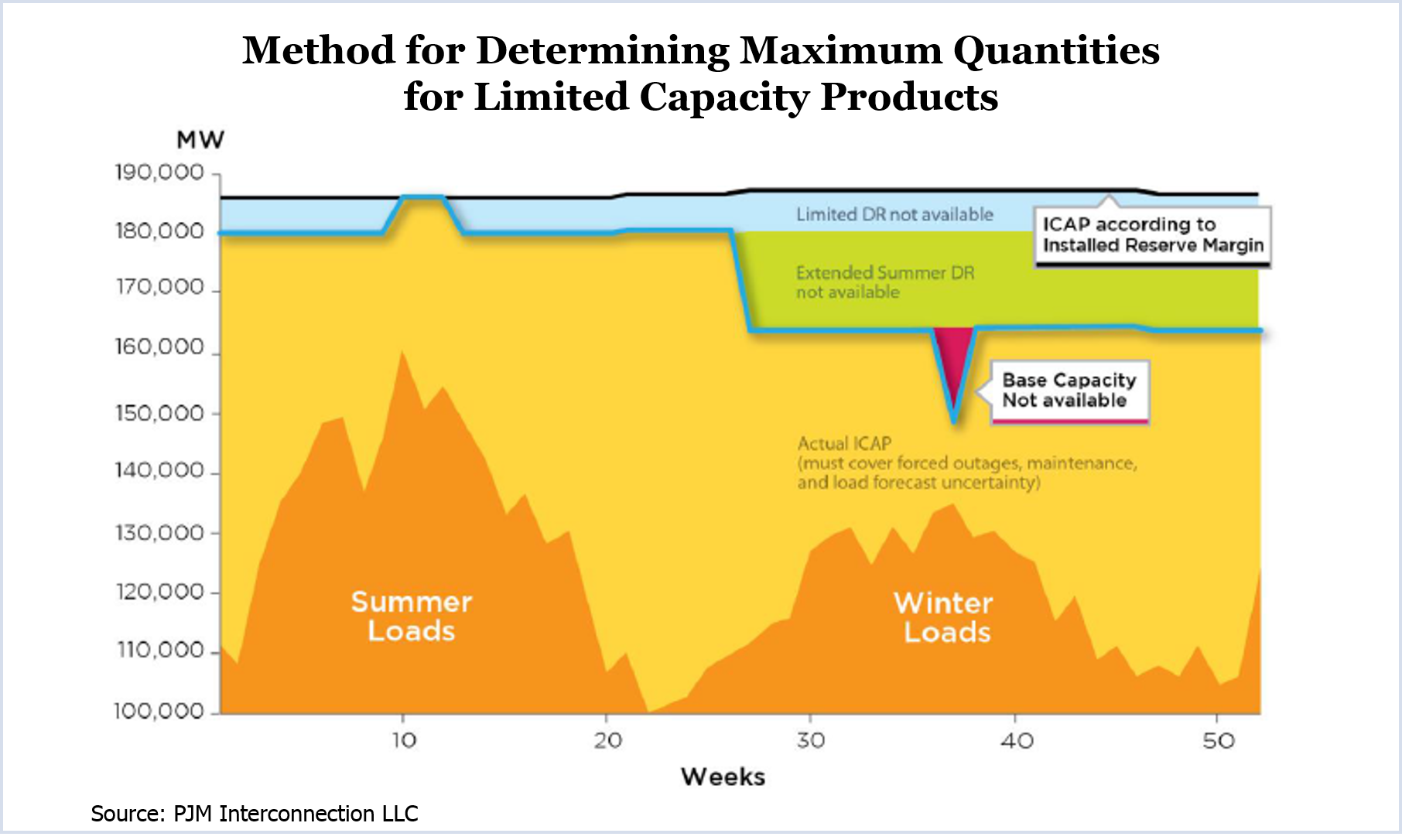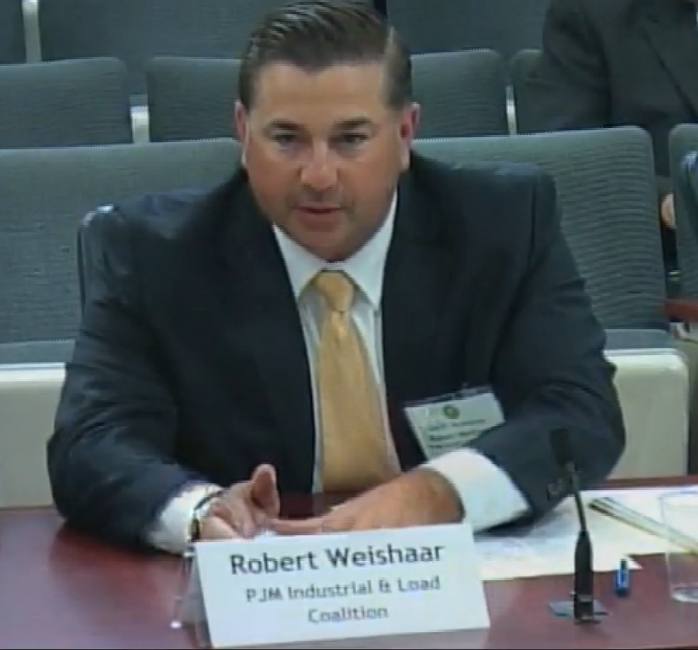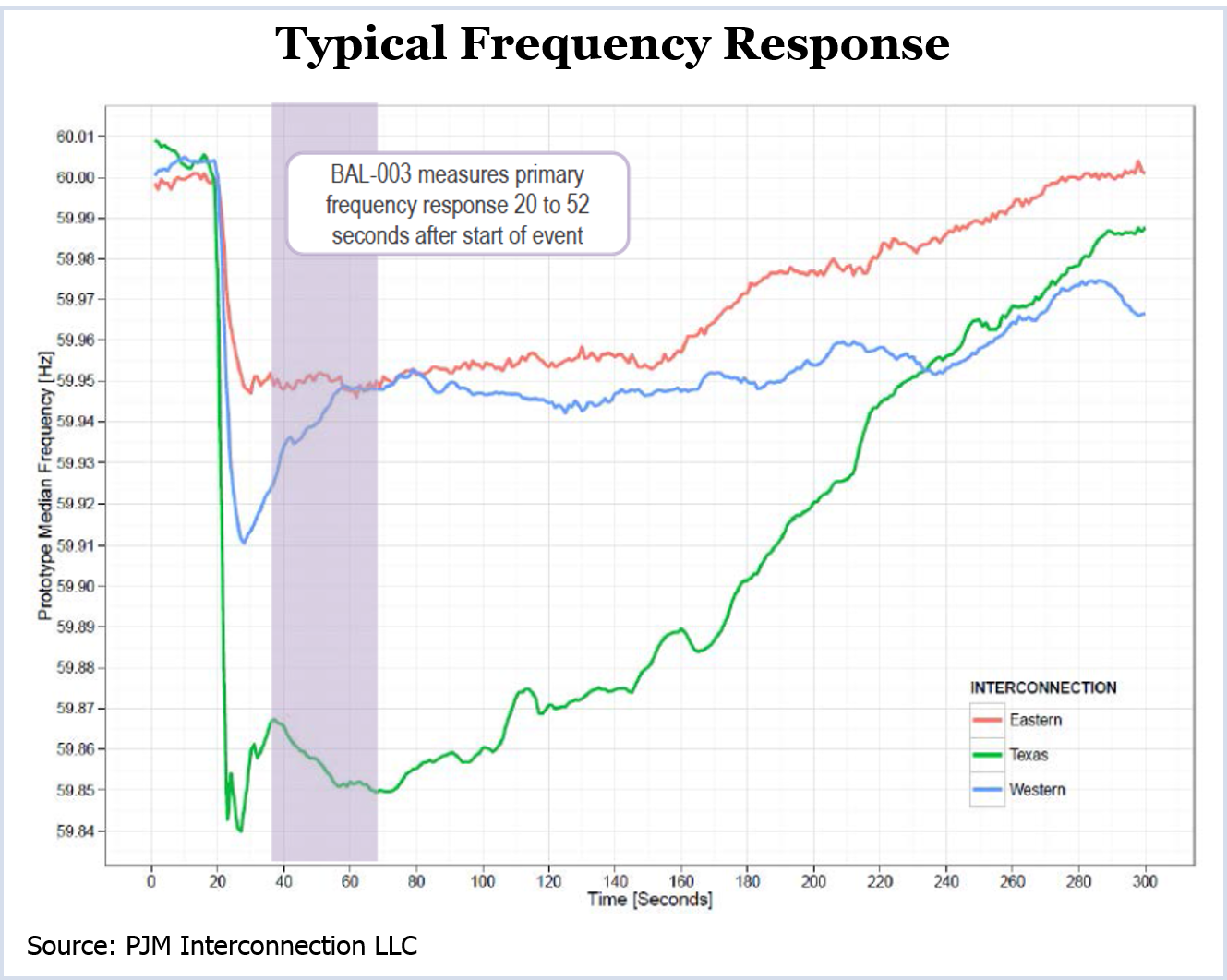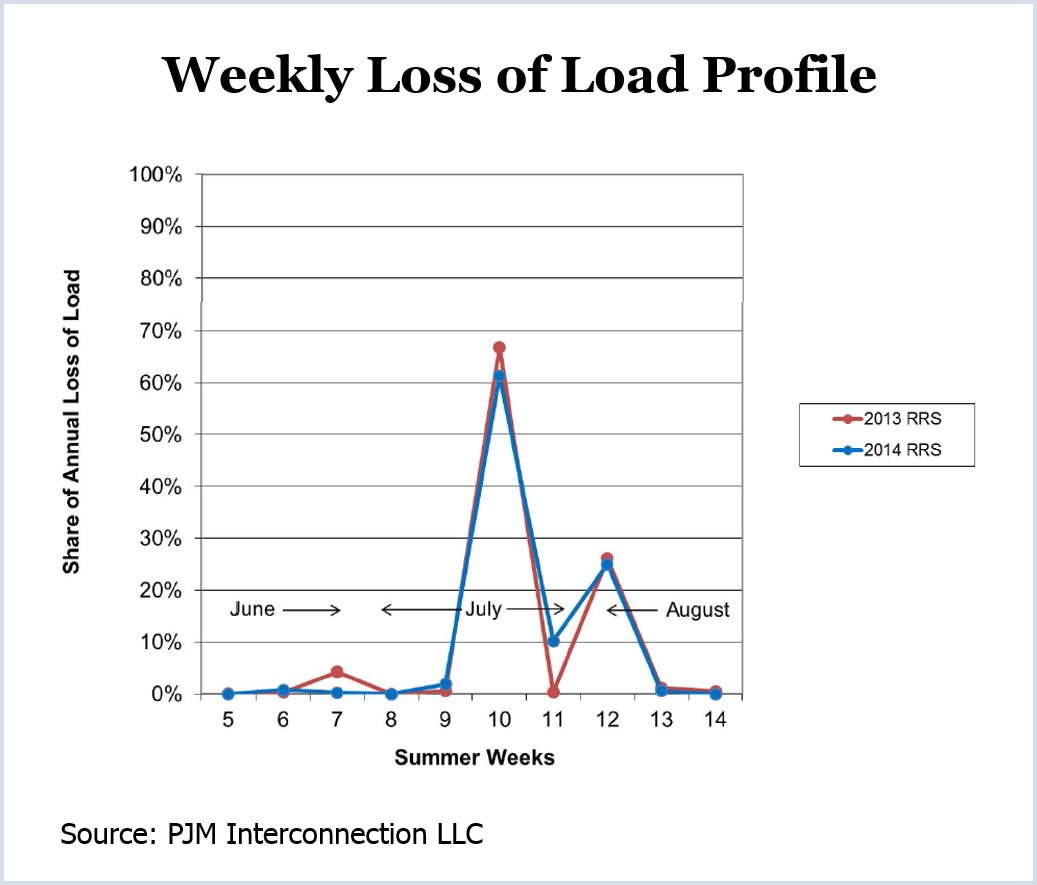PSC Looking for Aggregation Expert
The Public Service Commission wants to hire a consultant to help it review and assess the potential costs and benefits of retail aggregation. The job posting, done through the Secretary of State’s office, is part of a legislature-ordered study of aggregation, which would allow groups of residential and small commercial customers to band together to buy power. Only standard-offer customers of Delmarva Power & Light would be eligible to participate in an aggregation plan.
More: The News Journal
Delmarva Files Lower Gas Rate for Winter
Retail natural gas customers of Delmarva Power & Light will pay less this winter, according to a filing with the Delaware Public Service Commission. The company said lower overall wholesale prices, and the ability to store natural gas, will allow it to reduce rates about 7.3% for residential customers and between 3.5% and 12.8% for commercial and industrial customers. The average monthly residential bill will decrease from about $139 to $126, the company said. The PSC is expected to approve the rate decrease in November.
More: The News Journal
ILLINOIS
Fracking Rulemaking Nears Final Steps After Public Input
The Department of Natural Resources has received more than 30,000 public comments on hydraulic fracturing, or “fracking,” in advance of setting final rules for the drilling process. The Joint Committee on Administrative Rules, which received the final draft of the rules last week, has until Nov. 15 to approve them. If it can’t, the process will start all over again. No drilling can start until the rules are finalized.
Industry supporters think the committee set too wide a net in collecting comments before setting the final rules. Mark Denzler, vice president and chief operating officer of the Illinois Manufacturers’ Association, which is part of a coalition that supports fracking, said an initial review “expanded the rules beyond what the legislation has set forth.”
Anti-fracking groups think the committee isn’t giving the issue the thought it deserves. “Fracking is a very dangerous practice that threatens the health, water supply and air quality of residents and Sierra Club is opposed to its use in Illinois,” said Jack Darin, director of the Illinois Chapter of the Sierra Club.
More: The Chicago Tribune (subscription required)
INDIANA
Duke Energy Files Plan to Update Indiana Grid
Duke Energy Indiana has proposed spending $1.9 billion over seven years to update its aging statewide electric grid to improve reliability for 800,000 customers. The state’s largest electric utility filed the plan with the Indiana Utility Regulatory Commission, saying its aim was to reduce the number and duration of outages.
The plan would improve power reliability and safety, reduce outages, and provide more accurate customer bills and quicker connections and disconnections. The company said the improvements will gradually increase rates about 1% between 2016 and 2022.
Customer advocates have already identified some concerns. “This is a lot of money that will result in significant rate impacts across all sectors of our economy, most notably fixed-income and vulnerable populations,” said Kerwin Olson, executive director of Citizen Action Coalition of Indiana.
More: Indianapolis Star
Pence Appoints Huston to Vacant IURC Seat

The chief of staff of the Department of Health has been tapped to fill a vacancy on the Utility Regulatory Commission. James Huston, who has held federal and state positions for 30 years, was appointed by Gov. Mike Pence, who cited Huston’s “lifetime of public service.” Huston fills the seat left open when James Atterholt, the commission’s chairman, left to become Pence’s chief of staff. Carol Stephan was appointed the commission’s new chair.
More: Indianapolis Business Journal
MARYLAND
Spurned Data Center May Find Home in State

The Data Centers LLC wants to build the center, along with a 279-MW natural-gas fired power plant, and is now looking at sites in the state, including Cecil County, the northernmost county. The Public Service Commission would have to approve the plan.
The project calls for a 900,000-square-foot data center – about the size of five Wal-Mart supercenters – along with the power plant. The University of Delaware was moving forward to allow the project to be built next to its Newark campus, but community criticism sank the plan in July.
More: The Baltimore Sun
MICHIGAN
State Ranked 3rd in Clean Energy Jobs
The state added more than 1,450 new clean energy jobs between April and June, ranking it third after Arizona and California. A report issued Thursday by Environmental Entrepreneurs (E2) notes that the state’s clean-energy policies helped spur investment in the sector. The Public Service Commission has said that since 2008, investors have pumped more than $2 billion into clean-energy projects.
More: Altenergymag.com
NEW JERSEY
Who Pays for a Shuttered Casino’s Power Plant?

When the bankrupt Revel casino shut down in Atlantic City last week – the latest gaming establishment to call it quits in New Jersey’s ailing gambling mecca – a final bit of business was left undone.
A $129 million heating and chilling plant, whose sole customer was the 47-story casino and hotel, could become another victim of the bankruptcy. The power plant, which is separately owned and operated from the casino, was funded by a $118.6 million loan backed by municipal bonds. So Atlantic City taxpayers could be left holding the bag.
Even though the hotel-casino is closed, the plant is still operating to prevent the empty tower from becoming infested with mold. Ongoing utility costs can run from $50,000 to $450,000 a month.
More: The Philadelphia Inquirer
NORTH CAROLINA
Poultry-Derived Fuel Power Mandate Met; Pigs Next
Energy producers have finally met a requirement for turning chicken waste into electricity, but they are asking the state Utilities Commission for more time to work their magic on pig manure. North Carolina is the only state that requires utilities to generate a set amount of electricity from poultry litter, which is collected from the floor of chicken houses and burned in incinerators.
The law says at least 170,000 MWh of electricity has to be produced from chicken waste this year. It also requires that at least 0.07% of electricity sold to retail customers must come from swine waste. Duke Energy Carolinas and Duke Energy Progress, along with other companies and electric cooperatives, have so far been unable to meet the swine target, and have filed for extensions.
More: News & Observer
OHIO
Court Sides with PUCO in AEP Rate Dispute
The state Supreme Court last week sided with regulators over how much American Electric Power can charge customers for coal that fuels its power plants. AEP argued that it should have been allowed to keep all of the $71.6 million it received related to a coal contract. The Public Utilities Commission said some of the money should be credited to AEP customers.
The court’s unanimous ruling isn’t the final word on the issue. A related fuel charge dispute is still being reviewed by PUCO.
More: The Columbus Dispatch
PENNSYLVANIA
Sunoco Urges PUC to Ignore Ruling on Status
Sunoco Logistics Partners, which is repurposing and expanding a pipeline to transport shale-gas liquids to the Philadelphia area, is urging the Public Utility Commission to reject a recent recommendation by two of the commission’s own administrative law judges.
The recommendation held that the Sunoco project, the Mariner East pipeline, is not a public utility. Designating the pipeline project a utility would make it easier for it to bypass local zoning restrictions and help it with eminent domain rights. “The nature of Sunoco’s proposed service is private since it is limited to a selected few number of shippers and not available to members of the public,” the judges wrote.
No date has been set for a hearing on the matter.
More: The Philadelphia Inquirer
Officials Cheer Drilling at Pittsburgh Airport
Drilling of the first of 45 natural-gas wells planned for the Pittsburgh International Airport started last week with a ceremony attended by Gov. Tom Corbett and other politicians.
The wells, which tap into the gas-rich Marcellus Shale formation, are expected to bring more than $500 million in royalties to the Allegheny County Airport Authority. The project was approved in 2013. Consol Energy, which is developing the 9,000-acre airport property, paid a $50 million signing bonus to the authority, which allocated the money to fund improvements.
The first well is about a mile away from an active runway. Others are expected to be as close as a quarter-mile to the runways.
More: Penn Energy
VIRGINIA
Williams Transco Gets OK to Build 100-Mile Pipeline
The State Corporation Commission has allowed Williams Transco to start construction on a 100-mile natural-gas pipeline that will deliver fuel to a new power plant near Lawrenceville. The pipeline will run through Pittsylvania, Halifax, Charlotte and Mecklenberg counties and terminate in eastern Brunswick County. The project is expected to take a year to complete.
Dominion Virginia Power is finalizing plans to construct a 1,358-MW, $1.3 billion natural-gas plant in Lawrenceville that will replace power now generated from coal. Construction of the plant is to begin in the summer of 2016.
More: The Richmond Times-Dispatch
Dominion’s Tx Line Plan Already Getting Opponents
Residents in Haymarket and Gainesville, Va., are already organizing opposition to Dominion Virginia Power’s plan for a six-mile run of 230-kV transmission line, two weeks after the project was announced. Residents and city officials are asking pointed questions about the planned route and the need for the power line.
The line, which would be installed on 120-foot-tall towers, would go through wetlands and come close to neighborhoods. Residents said they were told that the line was needed to serve growing demand for power in the area. But some residents became angry when Dominion later indicated the line would also serve the needs of a future customer that they wouldn’t identify.
More: The Washington Post
WEST VIRGINIA
Former U.S. Official New Pipeline Safety Director
The Public Service Commission has named a former federal transportation official as the new director of the state’s Gas Pipeline Safety Division. Mary S. Friend, who previously worked for the U.S. Department of Transportation Pipeline and Hazardous Materials Safety Administration, developed and taught training courses for federal and state pipeline inspectors. She started as a geologist at Columbia Gas Transmission and has been a member of the American Gas Association’s Gas Piping Technology Committee since 2006.
More: The Republic
Trans Energy to Restore Streams, Pay $3 Million in Settlement
Oil and gas company Trans Energy agreed to restore portions of streams and wetlands at 15 West Virginia sites allegedly polluted from dredging operations during gas-drilling operations in 2011 and 2012.
The agreement with the U.S. Environmental Protection Agency, the West Virginia Department of Environmental Protection and the U.S. Department of Justice also calls for Trans Energy to pay a $3 million civil penalty.
The EPA alleged the company harmed streams and wetlands by discharging dredge or fill material during natural gas drilling operations. About 13,000 feet of streams and more than an acre of wetlands were impacted.

